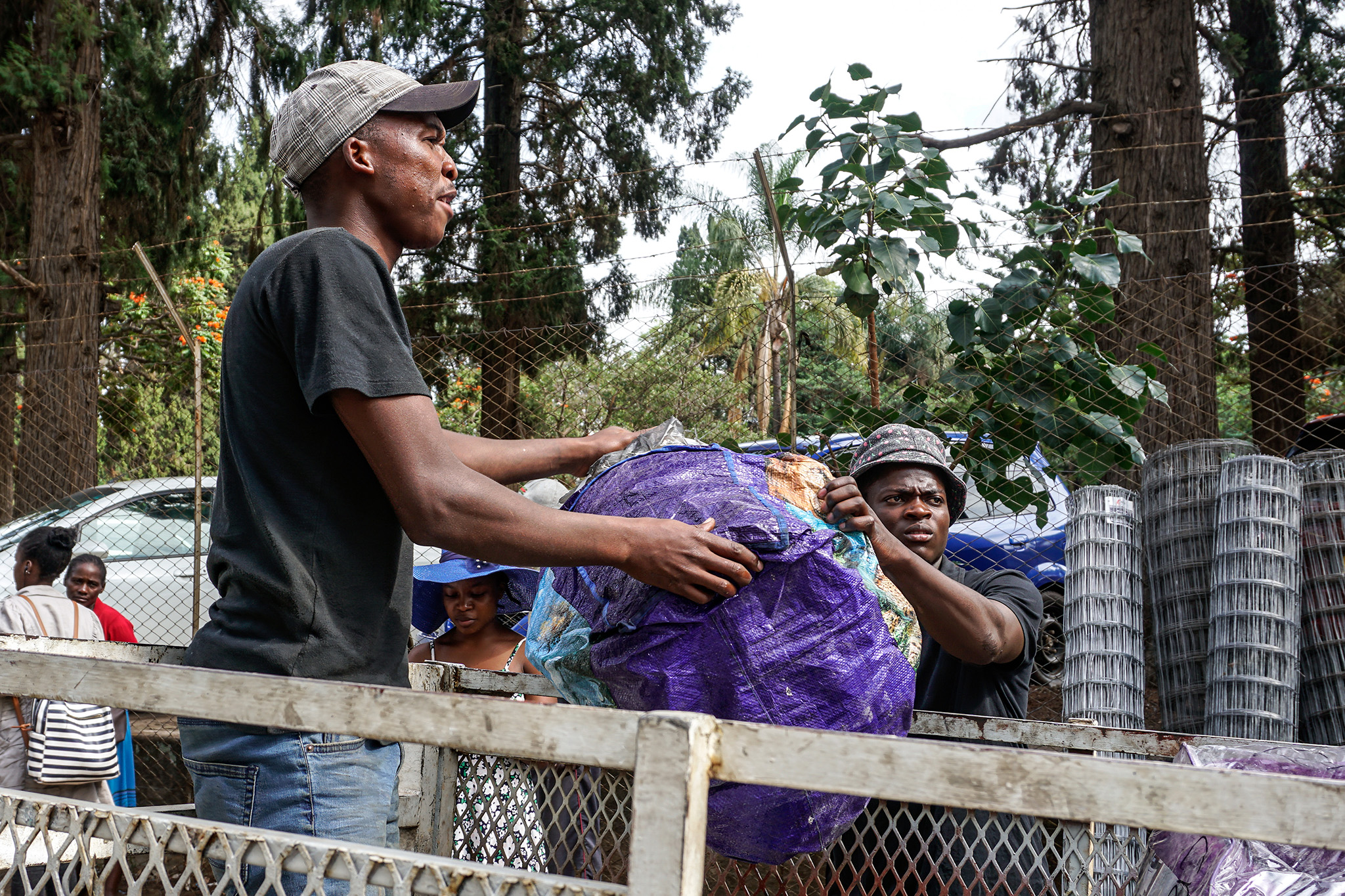Cross border traders urge regional governments to create one stop centres
CROSS border traders have urged regional governments to decentralise trade document issuance and clearance by creating one-stop-centre models for harmonised services and enhancing ease of doing business.
This emerged during a stakeholder training meeting organised jointly by the Common Market for Eastern and Southern Africa (Comesa) and the International Organisation for Migration (IOM) in Bulawayo last week.
In an interview on the sidelines of the meeting, Comesa consultant and advisor on migration, Mr Brian Chigawa, said the workshop highlighted the challenges facing cross border traders and sought to help address them.
He said cross border traders were also encouraged to use safe and proper channels of doing business, which is possible when they get required documents and licences.
“Small scale cross border traders have raised so many issues, which affect their business and one of them is the cost of getting the required documents,” he said.
“Centralisation of services affects them as they at some point required to move to the capital to get travel documents.
“And, as we know, these are small scale players who don’t get much from their business.
European Union
“They have also raised issues to do with the number of licences, which are required to export or import single products, saying this consumes time to get these licences as they are issued by different government departments. Therefore, they are seeking to have a single window where everything can be done once without moving from one place to another,” said Mr Chigawa.
He said products such as honey, for instance, need about five licences, which can be expensive for the traders to access under the current set up.
Mr Chigawa said failure to get proper documents forces traders to resort to illegal trade practices, which put them and their businesses at risk.
Mr Eric Chikukwa
“Having required documents encourages cross border traders to use legal routes of crossing borders so that they are safe and that can help them to be able to move from informal to formalised traders,” he said.
“That way we can be able to get cross border statistics and their contributions to the GDP.”
Zimbabwe is one of the countries benefiting from a €6,8 million project funded by the European Union to upgrade priority cross-border infrastructure and promote ease of doing business to cross border traders.
Programmes manager for Cross Border Traders Association, Mr Eric Chikukwa, said their members rely on fast movement of people and goods and if documents and licences take time to be processed, their businesses can be affected.
He said some of the challenges, which are faced by cross border traders include shortage of finance as they cannot access loans from banks.
“Banks don’t trust that we can pay back loans. This is just a perception, which is not true as we are willing to grow and contribute to the national economic growth,” said Mr Chikukwa. – The Chronicle











